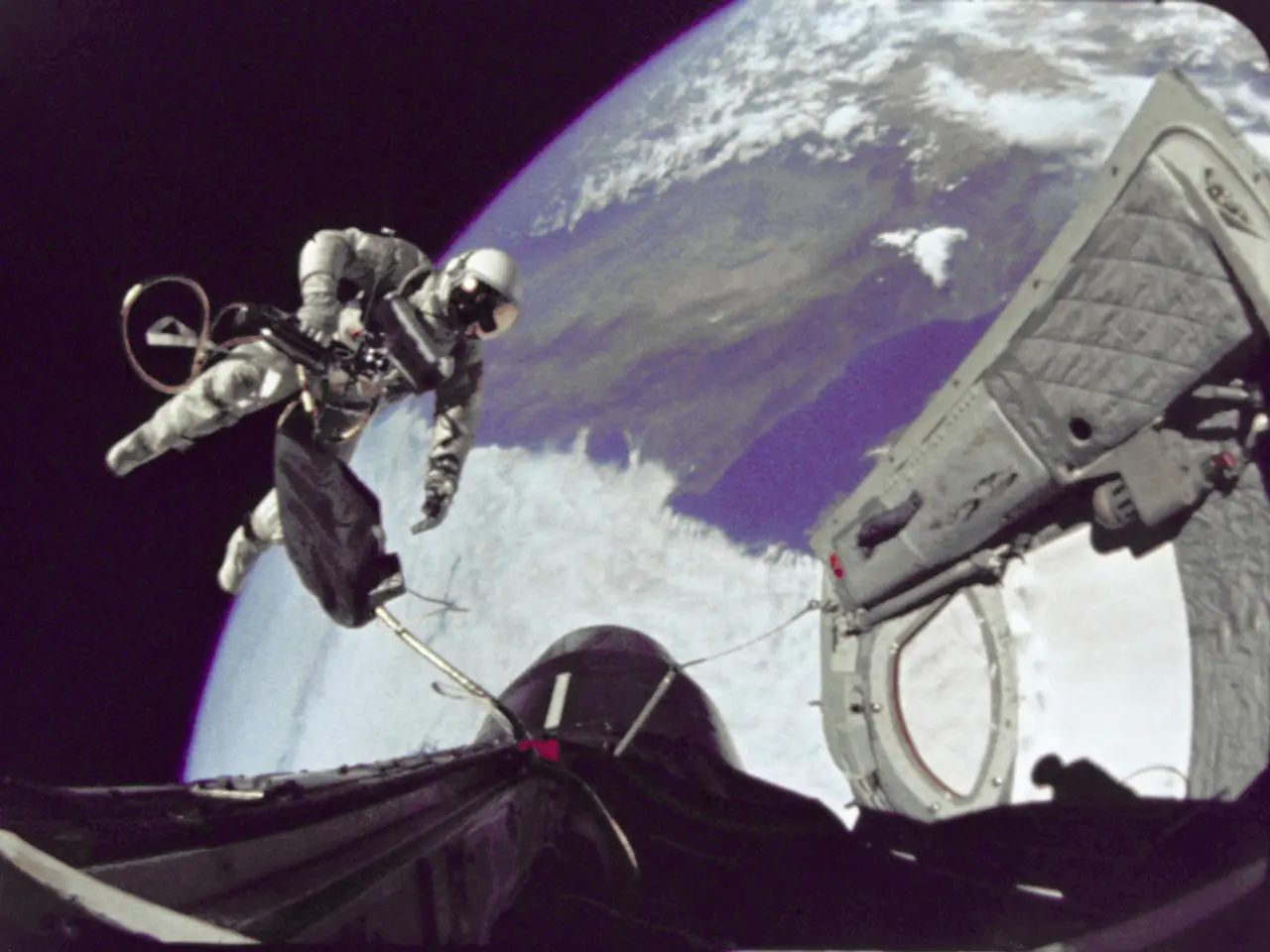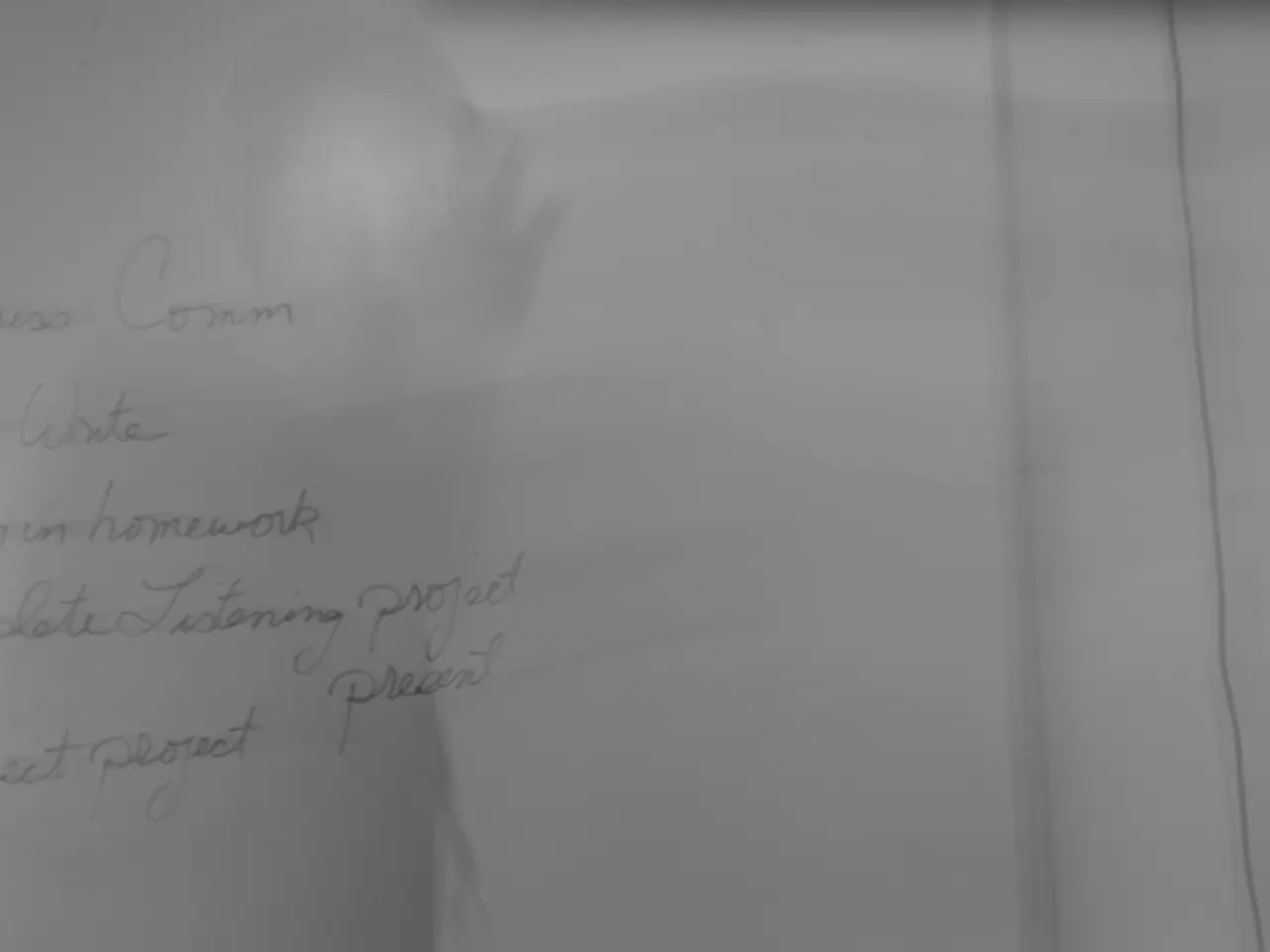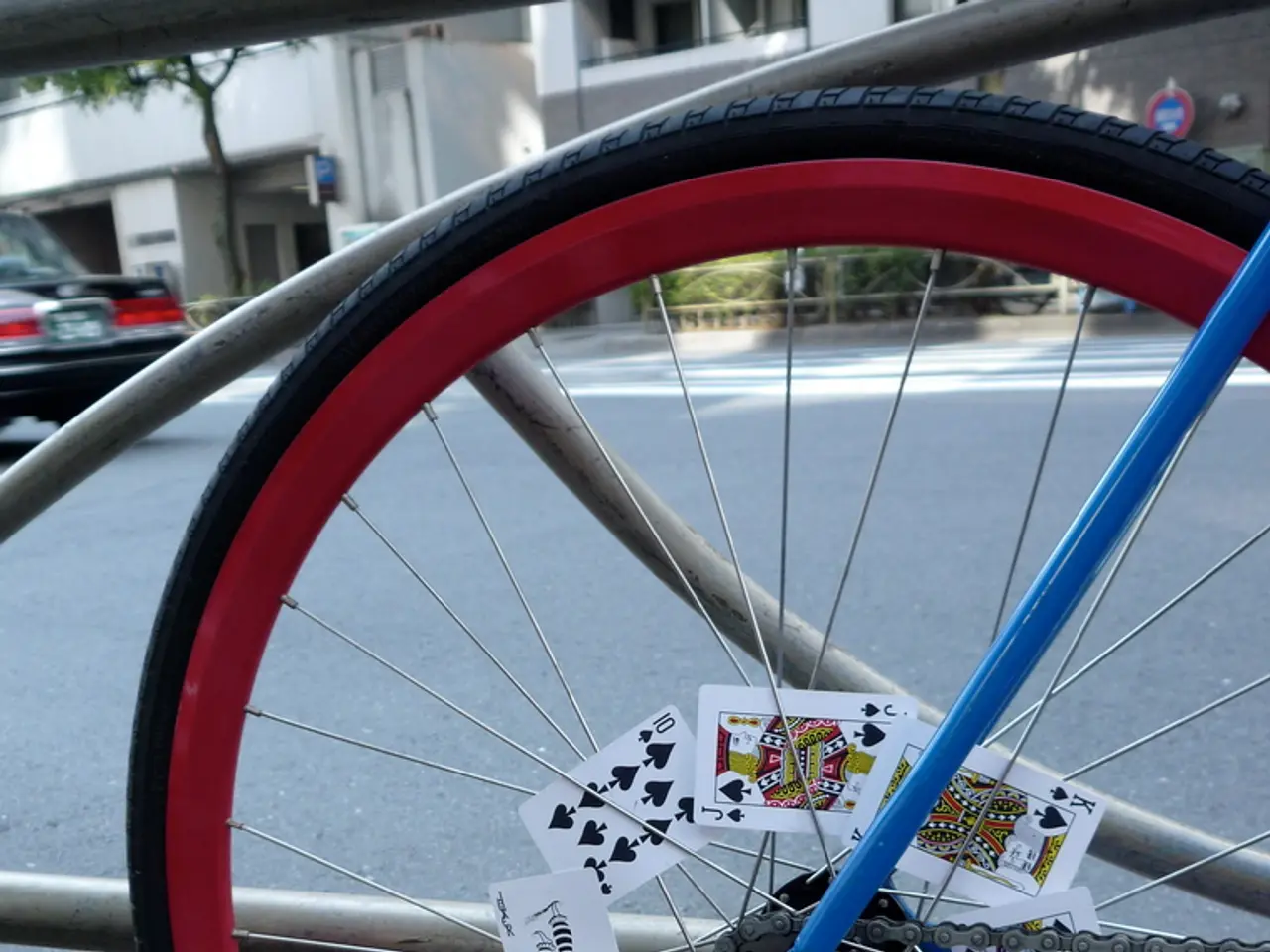Five spacefarers embark on a journey home, returning to Earth from their space station.
SpaceX Crew-10, consisting of NASA astronauts Anne McClain (commander) and Nichole Ayers (pilot), JAXA astronaut Takuya Onishi, and Roscosmos cosmonaut Kirill Peskov, returned safely to Earth on August 9, 2025, concluding a 160-day mission aboard the International Space Station (ISS).
During their stay, the astronauts conducted over 200 scientific experiments and technology demonstrations. Their research covered a wide range of areas, including plant and microalgae growth, the effects of space radiation on DNA, changes to human eye structure and body cells in microgravity, biomedical research potentially aiding cancer treatments, material flammability tests, lunar navigation trials, studies on robotics and space debris removal.
The crew also performed a spacewalk to prepare for new solar arrays and to relocate a communications antenna. This mission significantly contributed to scientific knowledge supporting human exploration of the Moon and Mars and technological advancements for sustainable space operations.
The Dragon capsule, developed by Elon Musk's SpaceX company, detached from the ISS at 2215 GMT on Friday. Its descent back to Earth will be slowed by re-entry and further by huge parachutes. Upon recovery, the astronauts will be able to breathe Earth's air again, after being in space for nearly five months.
Looking ahead, NASA's Commercial Crew Program continues with future crew rotations and preparations for human exploration beyond low Earth orbit. The successes of Crew-10 lay a foundation for forthcoming missions involving long-duration human presence in space, facilitating private space stations in low Earth orbit and crewed missions to the Moon and Mars.
This mission reinforces NASA’s and partners’ commitment to advancing science and technology for sustained human space exploration.
In a separate development, NASA announced this week that Wilmore has decided to retire after 25 years of service at the US space agency. Meanwhile, the launch in March of the Crew-10 mission was heavily scrutinized as it allowed them to return home, marking the end of the 10th crew rotation mission under NASA's Commercial Crew Program. Last week, US astronauts Zena Cardman and Mike Fincke, Japan's Kimiya Yui and Russian cosmonaut Oleg Platonov boarded the ISS for a six-month mission.
[1] NASA (2025). SpaceX Crew-10 Concludes Successful 160-Day Mission Aboard ISS. [online] Available at: https://www.nasa.gov/press-release/spacex-crew-10-concludes-successful-160-day-mission-aboard-iss
[2] SpaceX (2025). SpaceX Crew-10 Returns Safely to Earth after 160-Day Mission on ISS. [online] Available at: https://www.spacex.com/news/2025/08/09/spacex-crew-10-returns-safely-to-earth-after-160-day-mission-on-iss
[3] JAXA (2025). SpaceX Crew-10 Concludes Successful Mission on ISS. [online] Available at: https://www.jaxa.jp/press/2025/08/20250809_crew10.html
[4] Roscosmos (2025). SpaceX Crew-10 Returns Safely to Earth after 160-Day Mission on ISS. [online] Available at: https://www.roscosmos.ru/25776/
[5] ESA (2025). SpaceX Crew-10 Concludes Successful Mission on ISS. [online] Available at: https://www.esa.int/press_release/SpaceX_Crew-10_concludes_successful_mission_on_ISS
- The international collaboration between NASA, JAXA, Roscosmos, and ESA, culminating in the SpaceX Crew-10 mission, has significantly advanced science and technology in space-and-astronomy, with Russia playing a crucial role with its Roscosmos cosmonaut, Kirill Peskov, among the astronauts.
- As it applies to general news, NASA's successful SpaceX Crew-10 mission has contributed to furthering our understanding of space radiation, plant growth, human physiology, and technology for sustainable space operations, which could potentially aid in future human exploration beyond low Earth orbit, including the Moon and Mars.
- Looking forward, international partnerships in science, technology, and space are expected to continue, given the profound impact they are having on the field, such as the ongoing mission of astronauts Zena Cardman, Mike Fincke, Kimiya Yui, and Oleg Platonov on the ISS, which could lead to groundbreaking advancements in space exploration and technology.




